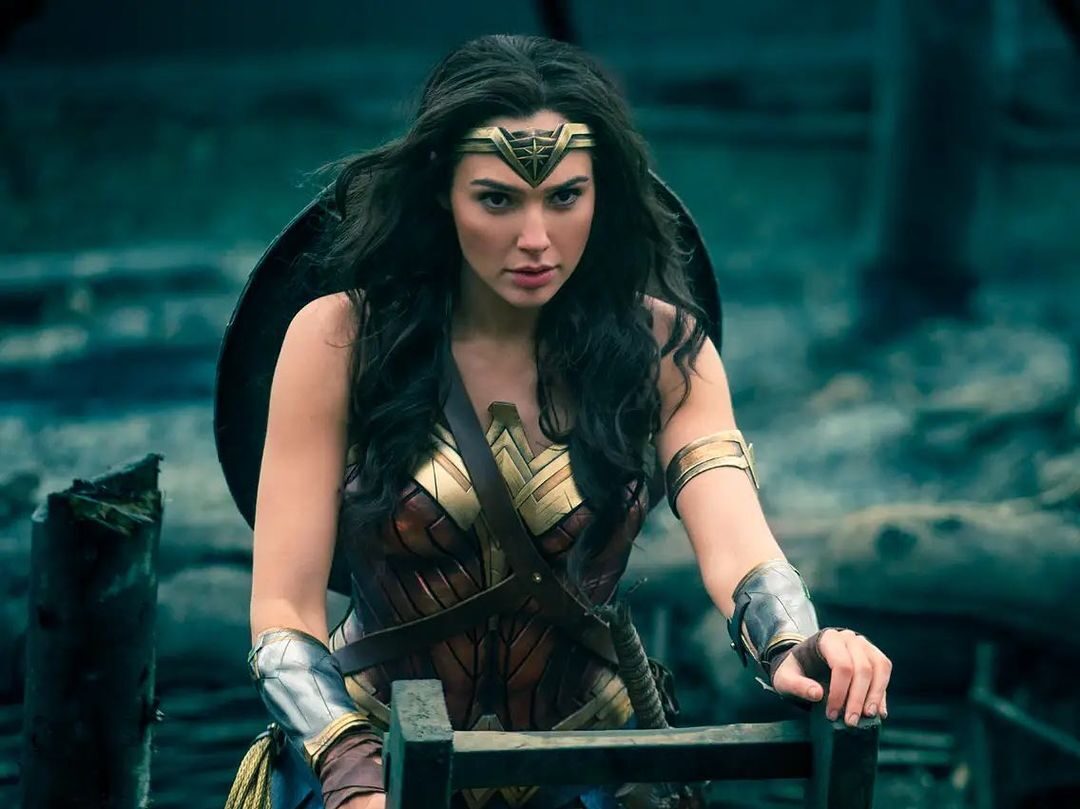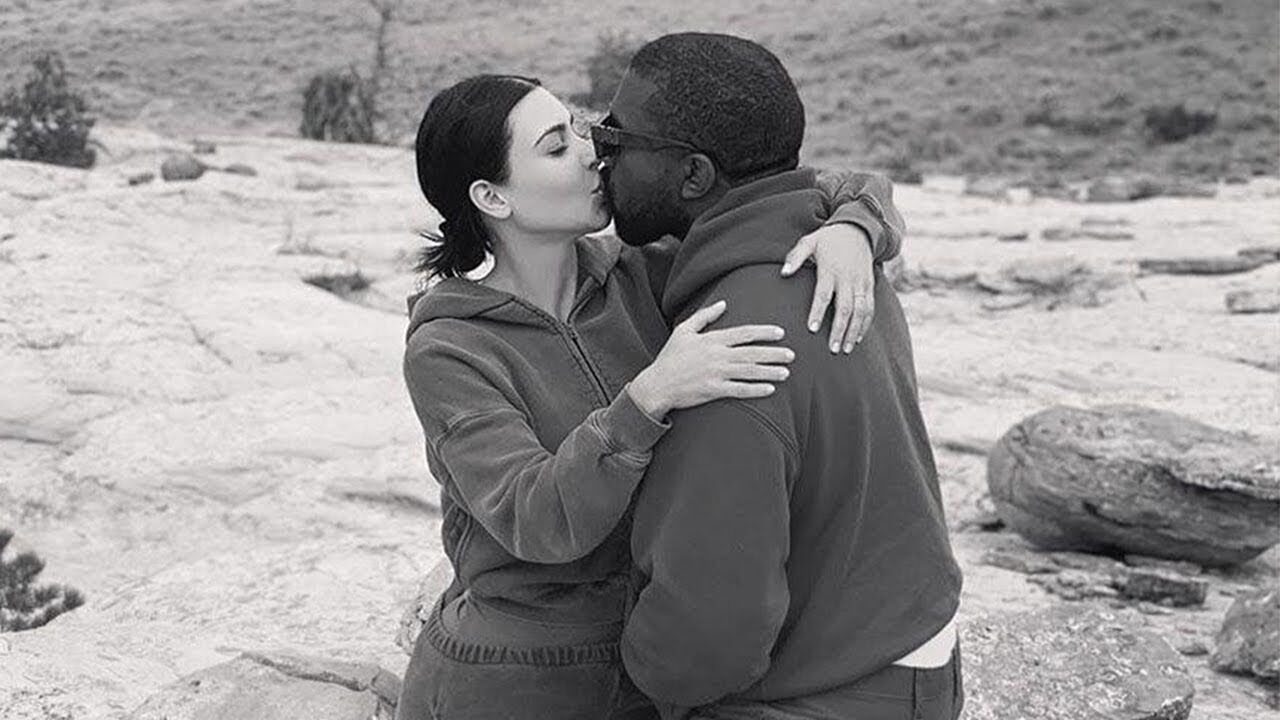Gal Gadot’s life has not been particularly controversial in the sense of personal scandals or legal issues. However, there have been some aspects of her life and career that have sparked debate and discussion:
1. Israeli-Palestinian Conflict: Gal Gadot is an Israeli actress and model, born in Rosh HaAyin, Israel. Her nationality and past service in the Israeli Defense Forces (IDF) have indeed been subjects of controversy and debate. In Israel, military service is mandatory for most citizens, including women, and Gadot served as a combat instructor in the IDF for two years. She has openly spoken about her time in the military, describing it as a valuable and transformative experience that taught her discipline and responsibility. However, outside of Israel, particularly in regions affected by the Israeli-Palestinian conflict, Gadot’s military service has been a point of contention.
During the 2014 Israel-Gaza conflict, Gal Gadot posted a message on her Facebook page expressing support for the IDF and praying for the safety of her fellow countrymen and women. This post sparked significant controversy and backlash, as some individuals who supported the Palestinian cause criticized her for what they saw as an endorsement of the Israeli military’s actions during the conflict.
2. Whitewashing in “Cleopatra”: The controversy surrounding Gal Gadot’s casting as Cleopatra in an upcoming film is part of a broader discussion about whitewashing in Hollywood. Whitewashing refers to the practice of casting white actors in roles that historically or culturally should belong to people of color, thereby erasing or misrepresenting the ethnic or racial identity of the characters.
In the case of Cleopatra, the controversy centers around the historical and cultural context of the character. Cleopatra VII was an ancient Egyptian queen who lived from 69-30 BCE. She was a member of the Ptolemaic dynasty, which was of Greek origin but ruled Egypt. Cleopatra herself was of Greek descent, but she was the ruler of an ethnically diverse Egypt. Her portrayal in popular culture has often been linked to her Greek heritage, and historically, she has been depicted by actresses of various backgrounds, including Elizabeth Taylor, who was white, in the 1963 film “Cleopatra.”
The controversy over Gal Gadot’s casting as Cleopatra arises from the argument that a historically Egyptian or African character should be portrayed by an actress of Egyptian or African descent to better reflect the character’s heritage and cultural context. Critics argue that casting an Israeli actress like Gal Gadot, who is white, perpetuates the practice of whitewashing in Hollywood and further marginalizes actors of Egyptian or African descent.
3. “Imagine” Video: The “Imagine” video released in March 2020 was intended as a well-meaning gesture of solidarity during a time of global crisis. Gal Gadot, along with other celebrities, sought to provide some comfort and hope to people around the world who were grappling with the uncertainty and fear brought on by the COVID-19 pandemic. John Lennon’s song “Imagine” carries a message of unity, peace, and a vision of a better world, which was perhaps why they chose it for the video. However, the execution of the video was met with widespread criticism. Many viewers found it to be tone-deaf and out of touch with the reality of the situation. The video featured wealthy and privileged celebrities singing from their lavish homes, which seemed disconnected from the struggles and suffering that ordinary people were experiencing at that time. This display of opulence during a time when many were facing job losses, illness, and economic hardship came across as insensitive and out of touch.
4. Backlash Over “Wonder Woman 1984” Release:The release of “Wonder Woman 1984” in late 2020 generated significant buzz and anticipation, given the success of its predecessor, “Wonder Woman” (2017). However, when the film finally hit theaters and HBO Max, it was met with mixed reviews and polarizing reactions from fans and critics alike. Many fans were disappointed with the film’s plot and pacing, feeling that it did not live up to the high expectations set by the first installment. Some argued that the storyline was convoluted, and the character development lacked depth.
One of the most contentious aspects of “Wonder Woman 1984” was the decision to release it simultaneously in theaters and on HBO Max due to the COVID-19 pandemic. This move was seen as a response to the uncertainty surrounding the reopening of theaters and concerns about public safety. While it offered viewers the convenience of watching the film from the safety of their homes, it also led to tensions with the traditional movie theater industry. Theater chains were already struggling due to the pandemic, and the decision to bypass exclusive theatrical releases for a major blockbuster like “Wonder Woman 1984” was met with resistance from some industry leaders.
5. Political Views and Activism: Gadot has been criticized for her involvement in the controversial Nationality Law passed in Israel in 2018, which was seen by many as discriminatory against non-Jewish citizens. Her vocal support for the law sparked outrage among those who believe it undermines the principle of equality in Israel. Some individuals have called for a boycott of her films as a form of protest against her political stances. Gadot’s advocacy for various charitable causes, including children’s hospitals and women’s empowerment, has also faced scrutiny in the context of her political views, with some arguing that her activism is used to divert attention from her controversial affiliations.




